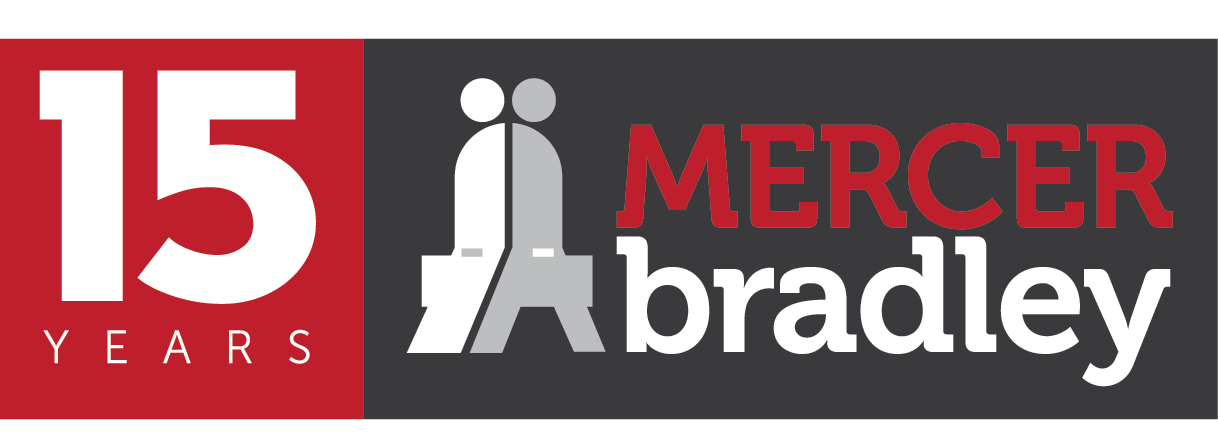Stakeholders are the individuals, groups, or organizations directly involved with or indirectly affected by a project, product, service, or enterprise. These relationships impact why and how you conduct business.
Your internal and external stakeholders are more visible, prominent, vocal, and powerful today than ever before. They hold your business accountable for its actions in more ways now than ever.
Because your business outcomes are more dependent than ever on your stakeholders, you need to understand the impacts that different groups can have on your business operations. You also must understand what is most important to your stakeholders so you can work toward having an impact in these areas.
Discover who your company’s stakeholders are and what may be most important to them so you can create progress in these areas.
Primary Stakeholders
Your primary stakeholders are central to your company’s purpose. They make direct contributions to your organization’s success.
- Employees
- Shareholders
- CEO
- Board of directors
- Customers
Secondary Stakeholders
Your secondary stakeholders have an indirect influence on your company.
- Government agencies
- Suppliers
- Local communities
Stakeholders’ Impact
Your company needs access to leading indicators of potential change in the attitudes your stakeholders have toward your organization. This helps you understand the impacts that different types of stakeholders have on your business.
- This information must be delivered in a timely manner before a shift in sentiment affects your sales, share value, or employee satisfaction.
- The reports must be comprehensive and broadly reaching and encompass all shareholder groups.
- You may want to use machine learning models and natural language programming semantic analysis to analyze large volumes of data.
- Collect and analyze the information to find actionable data.
- Use real-time analytics to analyze and report on stakeholder activity and the issues that may have the greatest impact.
- This type of stakeholder analysis provides a realistic understanding of the influence and legitimacy acted upon by each stakeholder and the urgency needed for your company to respond.
Sustainability
Climate change may be top of mind for many of your stakeholders. There is an urgent need to increase climate finance and deepen work across the financial system.
- New policies, regulations, financial instruments, and incentives need to be created and implemented.
- Globally aligned environmental, social, and governance (ESG) reporting standards must be introduced.
- The International Financial Reporting Standards Foundation (IFRS) has an International Sustainability Standards Board (ISSB) responsible for developing a comprehensive global baseline of sustainability disclosure standards for investors.
- Montreal and Frankfurt are the two key centres for the ISSB.
- Canada also is conducting an independent review of the governance and structure for establishing Canadian accounting, auditing, and assurance standards.
- Canadian securities regulators are consulting on proposed climate-related disclosure requirements.
Need to Hire Accounting & Finance Employees?
Mercer Bradley can add some of your most important stakeholders – employees – to your accounting & finance team. Partner with us today!




Leave a Reply